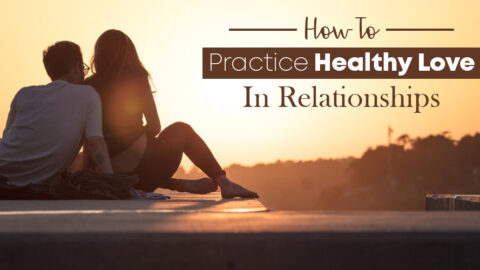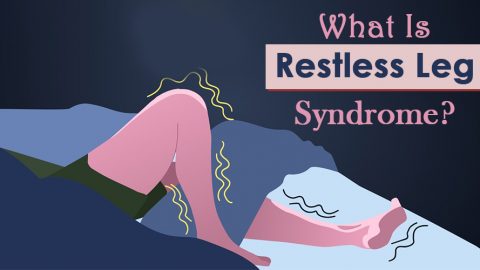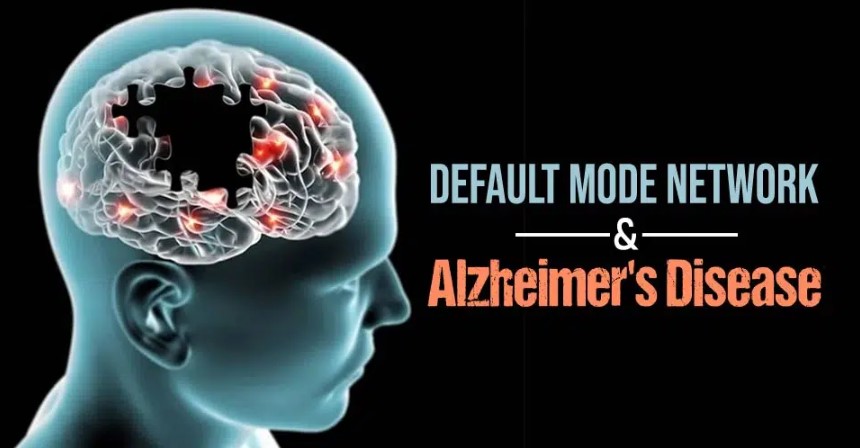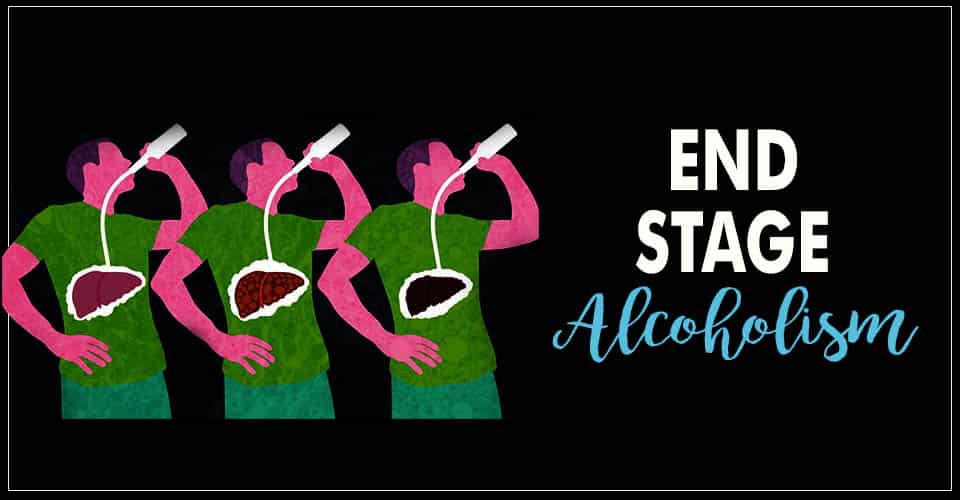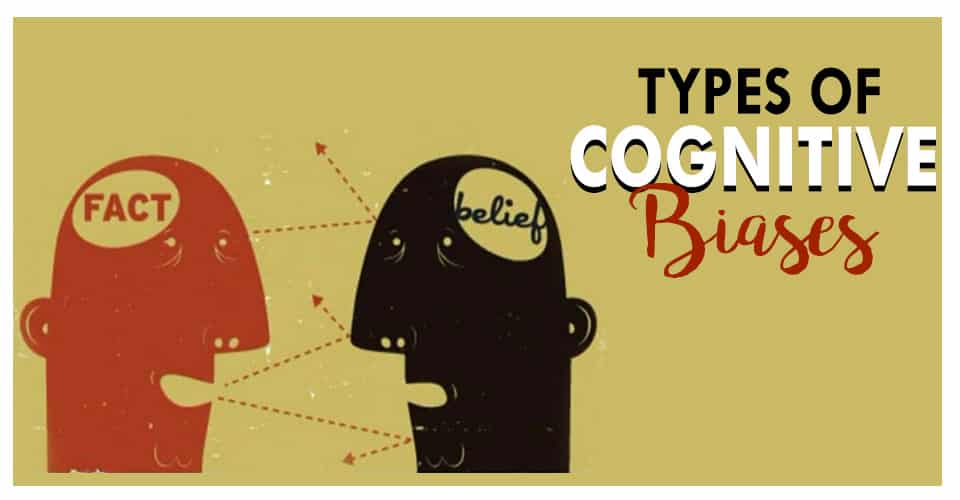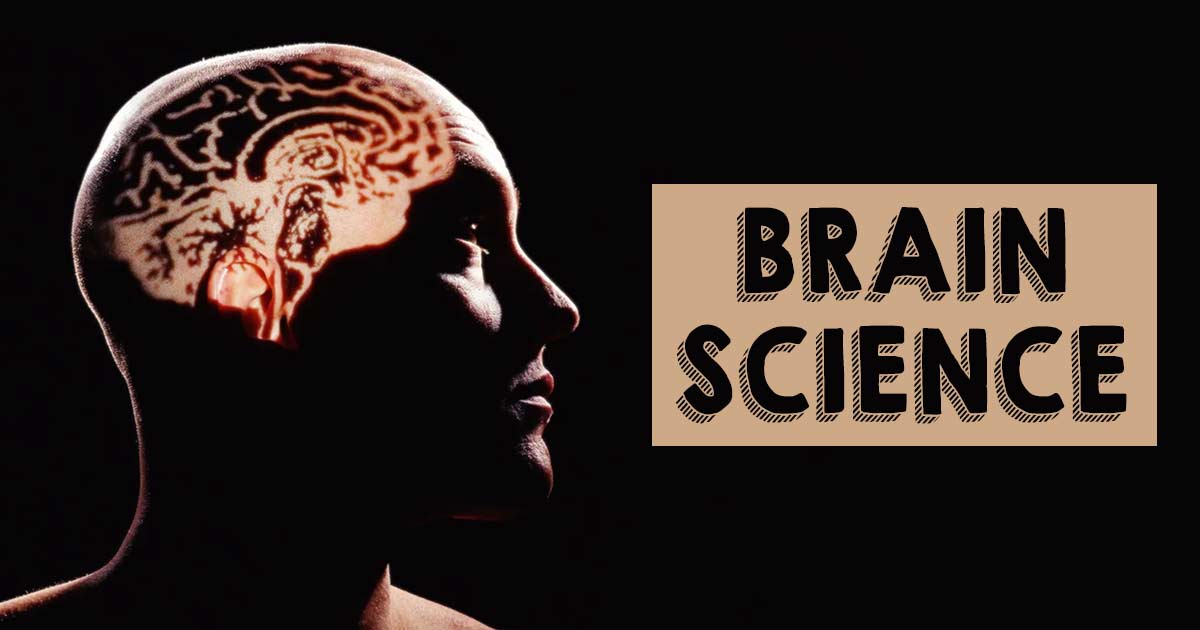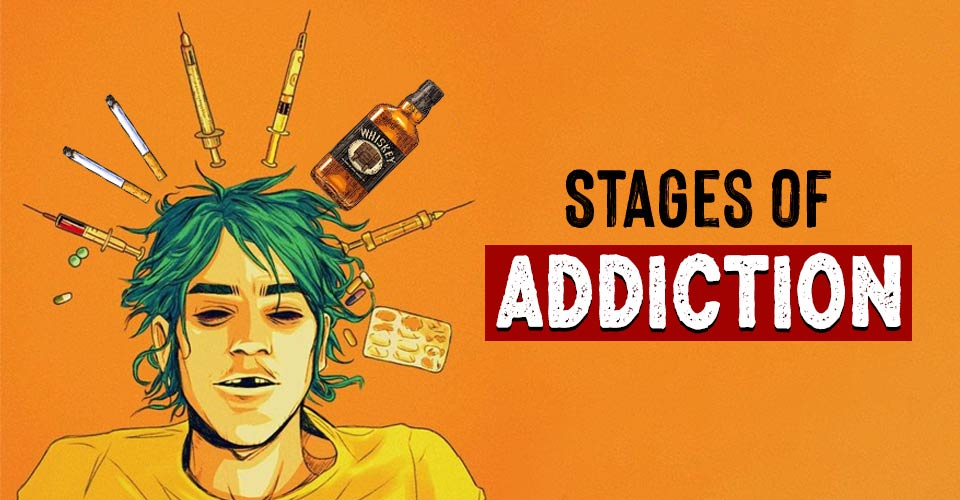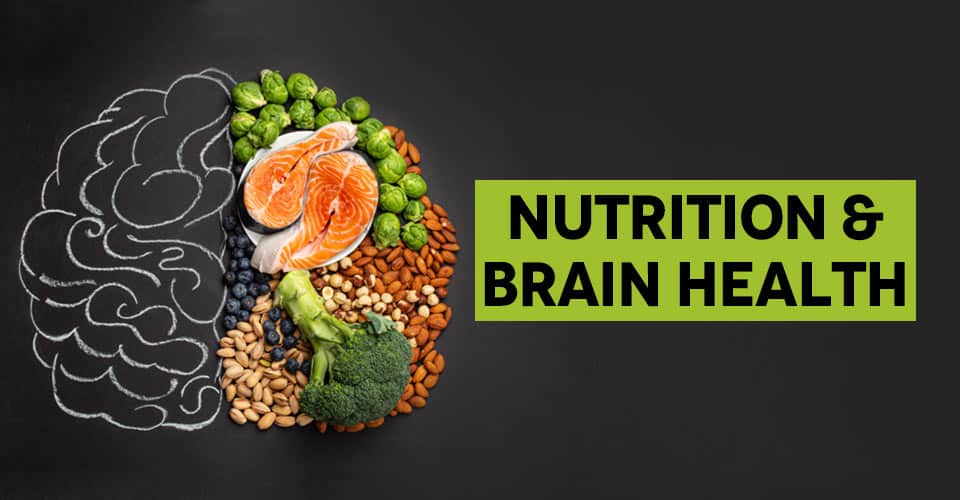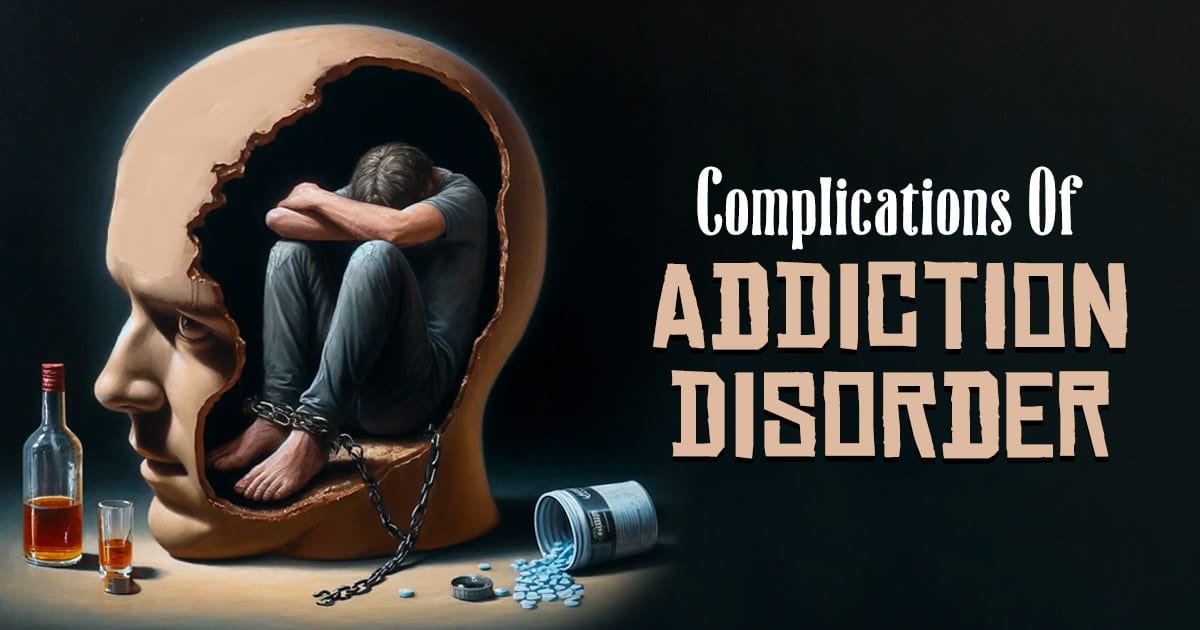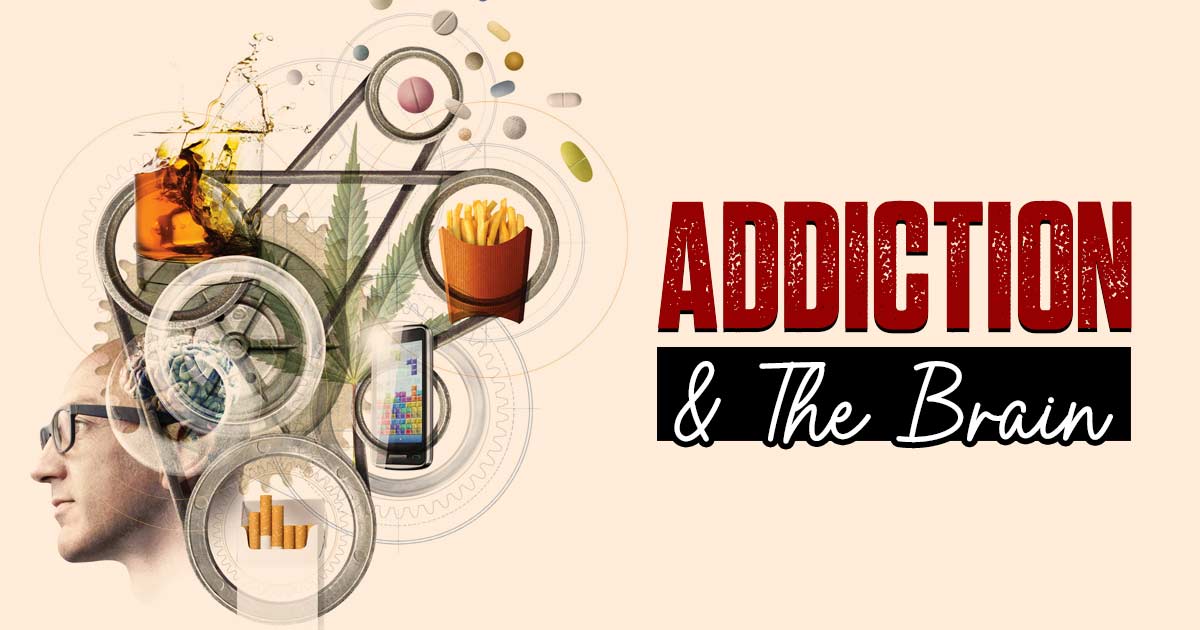Building healthy relationships requires effort and patience. But love is the foundation of any happy relationship. It is important to realize that all relationships have their ups and downs. However, the best way to practice healthy love is by putting in equal efforts and growing together as individuals as well as a couple.
Love In Romantic Relationships
Love is a complex phenomenon characterized by passion, intimacy, commitment. There are several forms of love but most people express it through romantic relationships. A 2019 study 1 Gómez-López, M., Viejo, C., & Ortega-Ruiz, R. (2019). Well-Being and Romantic Relationships: A Systematic Review in Adolescence and Emerging Adulthood. International journal of environmental research and public health, 16(13), 2415. https://doi.org/10.3390/ijerph16132415 pointed out that our ability to form meaningful and healthy relationships is a learned behavior. However, the quality of a relationship is greatly dependent on how we are with our partners.
Studies 2 Umberson, D., & Montez, J. K. (2010). Social relationships and health: a flashpoint for health policy. Journal of health and social behavior, 51 Suppl(Suppl), S54–S66. https://doi.org/10.1177/0022146510383501 have shown that healthy relationships are an integral part of our well-being. The meaning of healthy relationships differs from person to person. Hence it is important to understand the essential components of a healthy relationship. It takes more than love to build a healthy relationship. A relationship is also based on trust, friendship, and having strong feelings for each other.
Read More About Love And Relationships Here
Red Flags In A Relationship
We may not realize but sometimes we often find ourselves in toxic relationships. A toxic relationship is characterized by insecurity, self-centeredness, dominance, and control. Being in a toxic relationship is more hurtful than being alone. It is important to understand and identify the red flags that are always there when you start dating. These red flags can significantly impact a relationship and its dynamics. Some of the warning signs are:
- The relationship is moving too fast
- Your partner is too clingy
- They are disrespectful towards you
- They manipulate you emotionally
- They keep secrets
- They gaslight you
- They don’t respect your boundaries
- They don’t spend time with you
- They don’t make you feel comfortable
Turning a toxic relationship into a healthy one can be quite challenging. It takes time, effort, and determination from both individuals in the relationship. As long as you are willing to work on your relationship, it may be possible to improve even the most challenging toxic situations in your relationship.
Cultivating Healthy Love In Relationships
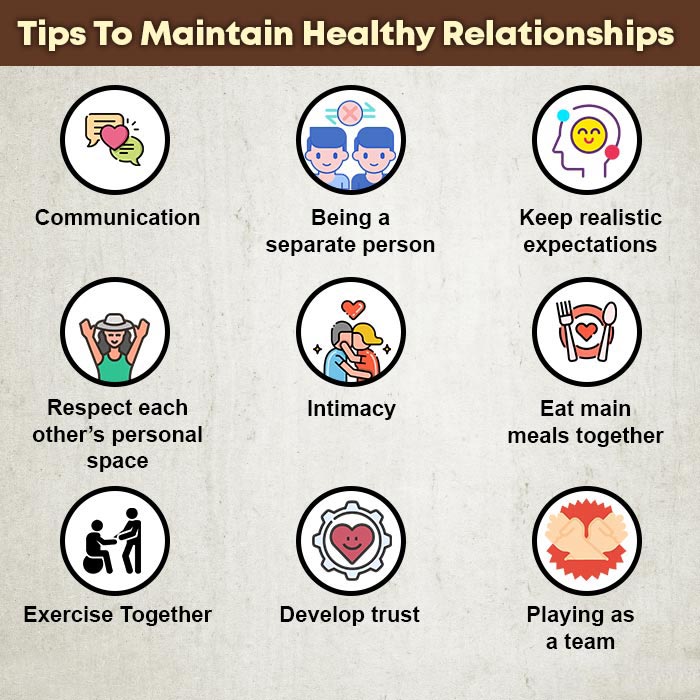
Building a relationship with love is a gradual process. Hence, it is essential to be patient and invest time in getting to know the person you are dating. Here are some tips to practice healthy love in relationships:
1. Communication
An essential part of a healthy relationship is communication. Couples in love should be comfortable sharing their emotions, fears, stresses, everyday life concerns with their partner. In case there is a difference of opinion it should be heard without judgment or criticism. Conversations often turn to conflict and argument when we are focused on proving our partner wrong instead of listening to them. In such circumstances, it is essential to choose to view the situation from your partner’s perspective and resolve the differences.
Genuinely listen to your partner and be present when they are communicating with you. Ask questions and ask them how they feel, their interests, and opinions. A 2016 study 3 Lavner, J. A., Karney, B. R., & Bradbury, T. N. (2016). Does Couples’ Communication Predict Marital Satisfaction, or Does Marital Satisfaction Predict Communication?. Journal of marriage and the family, 78(3), 680–694. https://doi.org/10.1111/jomf.12301 pointed out that communication occupies a central role in models of a relationship deterioration, as intimate bonds are believed to remain strong to the extent that partners respond with sensitivity to one another.
2. Have an individual identity
One of the biggest mistakes we make in relationships is that we forget about our unique individual selves. It is essential to continue to be your separate and individual self despite being in a relationship. Losing yourself in the relationship will do more harm than good. Some of the best ways to maintain your individuality while being in a relationship are:
- Make time for your hobbies and your interests
- Spend time with your friends and family
- Make time to spend with yourself
- Know when to say “No”
- Be your authentic self
- Express your feelings with your partner
A 2011 study 4 Canevello, A., & Crocker, J. (2010). Creating good relationships: responsiveness, relationship quality, and interpersonal goals. Journal of personality and social psychology, 99(1), 78–106. https://doi.org/10.1037/a0018186 found that relationship quality depends on beliefs about a relationship partner’s responsiveness i.e the perception that a partner understands, values, and supports important aspects of the self.
3. Keep realistic expectations
Initially, love may feel euphoric. But as the high from the brain chemicals 5 Seshadri K. G. (2016). The neuroendocrinology of love. Indian journal of endocrinology and metabolism, 20(4), 558–563. https://doi.org/10.4103/2230-8210.183479 dial down, these intense feelings of euphoria tend to lessen. The person you fell in love with no longer seems perfect. In such instances, we often set unrealistic expectations from our partners. Building a healthy relationship means accepting your partner’s flaws and not trying to change them. A relationship will only grow stronger when you accept the changes that come along the way.
4. Respect each other’s personal space
Spending time apart is also an essential part of a loving relationship. Making room to miss each other’s presence is important. You don’t need to spend every minute of every day with your partner. Take time to accomplish your daily tasks and attend to your own commitments. It is important to realize that your relationship will not suffer if you don’t spend time together all the time. Spending time with yourself and having your own personal space is also a great way to maintain healthy relationships.
5. Intimacy
Sex is not the only form of intimacy that couples can engage in. There are several other ways to be intimate with your partner. Some of them can include:
- Sharing uncomfortable truths such as body images, things that concern you
- Sharing information about other partners
- Watching your favorite movies together
- Laughing with your partner
- Holding hands
- Giving back rubs
- Sleeping comfortably with each other
- Cuddling
- Hugging
- Respecting each other’s space
Having sex is also an important part of intimacy. A 2017 study 6 Flynn, K. E., Lin, L., Bruner, D. W., Cyranowski, J. M., Hahn, E. A., Jeffery, D. D., Reese, J. B., Reeve, B. B., Shelby, R. A., & Weinfurt, K. P. (2016). Sexual Satisfaction and the Importance of Sexual Health to Quality of Life Throughout the Life Course of U.S. Adults. The journal of sexual medicine, 13(11), 1642–1650. https://doi.org/10.1016/j.jsxm.2016.08.011 pointed out that sexual satisfaction is an integral part of the quality of life throughout the life course of an individual and healthy relationships. A 2016 study 7 Liu, H., Waite, L. J., Shen, S., & Wang, D. H. (2016). Is Sex Good for Your Health? A National Study on Partnered Sexuality and Cardiovascular Risk among Older Men and Women. Journal of health and social behavior, 57(3), 276–296. https://doi.org/10.1177/0022146516661597 found that having sex can greatly improve cardiovascular risk among older men and women. It is also found to improve blood pressure, improve sleep, and reduce stress. Emotional intimacy is also an essential part of a relationship. A 2011 study 8 Umberson, D., & Montez, J. K. (2010). Social relationships and health: a flashpoint for health policy. Journal of health and social behavior, 51 Suppl(Suppl), S54–S66. https://doi.org/10.1177/0022146510383501 found that relationships can have indirect effects on health through enhanced mental health, by reducing the impact of stress, or by fostering a sense of meaning and purpose in life.
6. Eat meals together
One of the most healthy practices for couples in love is eating together. Eating together is an excellent way to connect and receive nourishment both spiritually and physically. Feasting with family and friends, even strangers is a way of building a connection. One 2004 study 9 Nasser JA, Gluck ME, Geliebter A. Impulsivity and test meal intake in obese binge eating women. Appetite. 2004 Dec;43(3):303-7. doi: 10.1016/j.appet.2004.04.006. PMID: 15527933. pointed out that eating alone may be associated with lower energy levels which may be positive if weight reduction is a goal for the individual, but is negative if sociability is the intention. Another 2009 study 10 Seubsman, S., Suttinan, P., Dixon, J., & Banwell, C. (2009). Thai meals. Meals in Science and Practice, 413-451. https://doi.org/10.1533/9781845695712.6.413 found adverse psychological effects of frequent eating meals alone. A 2015 study 11 Yiengprugsawan, V., Banwell, C., Takeda, W., Dixon, J., Seubsman, S. A., & Sleigh, A. C. (2015). Health, happiness and eating together: what can a large Thai cohort study tell us?. Global journal of health science, 7(4), 270–277. https://doi.org/10.5539/gjhs.v7n4p270 pointed out that sharing meals can greatly contribute to increasing happiness.
7. Exercise Together
Experts 12 Hruschka DJ, Brewis AA, Wutich A, Morin B. Shared norms and their explanation for the social clustering of obesity. Am J Public Health. 2011 Dec;101 Suppl 1(Suppl 1):S295-300. doi: 10.2105/AJPH.2010.300053. Epub 2011 May 9. PMID: 21555656; PMCID: PMC3222514. suggest that social networks and relationships can be leveraged to help individuals achieve lifestyles, examining social contagion in norms, behaviors, and outcomes. A 2016 study 13 Perry, B., Ciciurkaite, G., Brady, C. F., & Garcia, J. (2016). Partner Influence in Diet and Exercise Behaviors: Testing Behavior Modeling, Social Control, and Normative Body Size. PloS one, 11(12), e0169193. https://doi.org/10.1371/journal.pone.0169193 also shows that couples who exercise regularly are not only healthy but also more satisfied with their relationship and marriage. The physiological arousal that we experience while exercising mimics the effects of sexual and romantic arousal.
8. Develop trust
Trust is the foundation of all relationships. When two people in love are apart, you don’t worry about your partner pursuing other people. Developing trust means that they make you feel safe and comfortable and that they won’t hurt you physically or emotionally. A 2014 study 14 Laborde, N. D., vanDommelen-Gonzalez, E., & Minnis, A. M. (2014). Trust – that’s a big one: intimate partnership values among urban Latino youth. Culture, health & sexuality, 16(9), 1009–1022. https://doi.org/10.1080/13691058.2014.921837 found that trust was the most important relationship characteristic by the majority of young people.
9. Playing as a team
One of the best ways to maintain a healthy relationship is to play as a team. You both support each other in whatever you want to do and communicate when you don’t agree with something. The support should remain despite having different goals. If your team is strong, you both can accomplish so much more than just doing it alone. You can’t have a successful relationship if you both are playing on opposite teams.
Love And Healthy Relationships
Love, mutual attraction, and trust are the most essential factors of a successful relationship. The only way to grow together is to work as a team and communicate your feelings with each other. In case you are having relationship issues and wish to work it out, it is always wise to talk to your partner openly and seek professional help.

